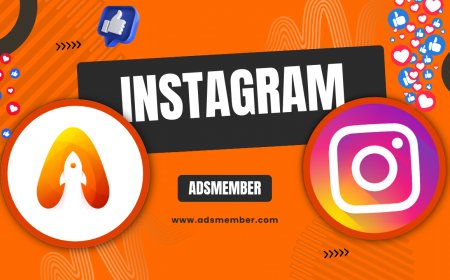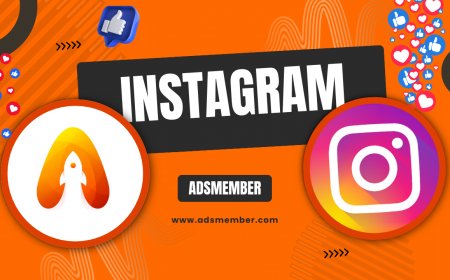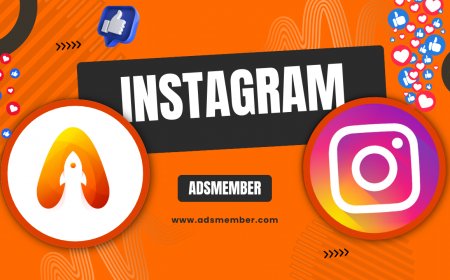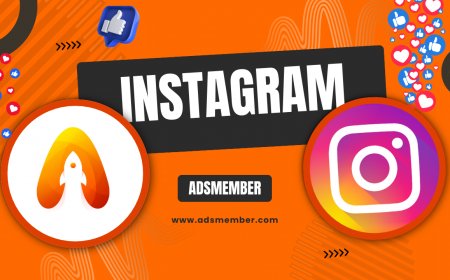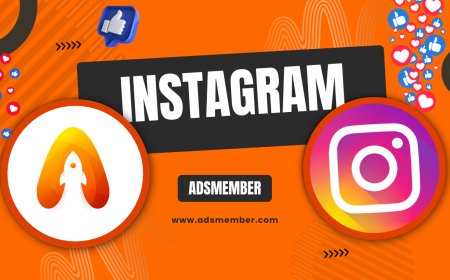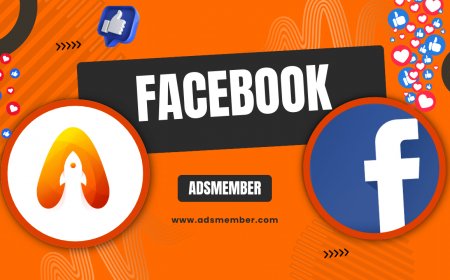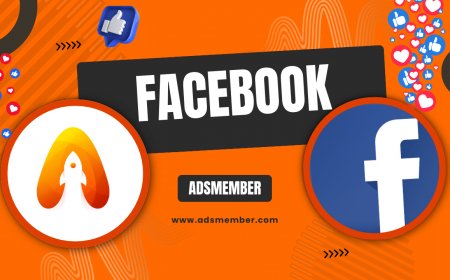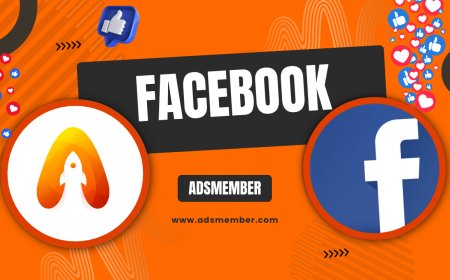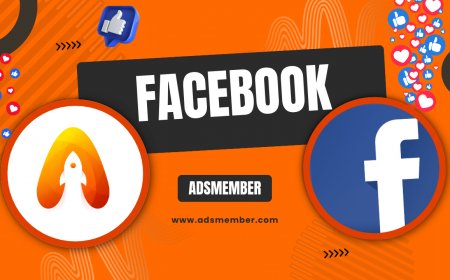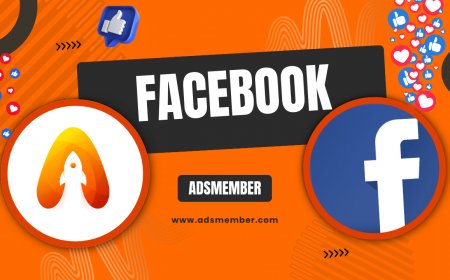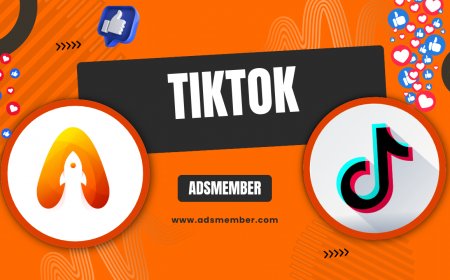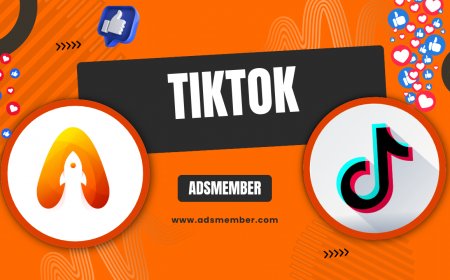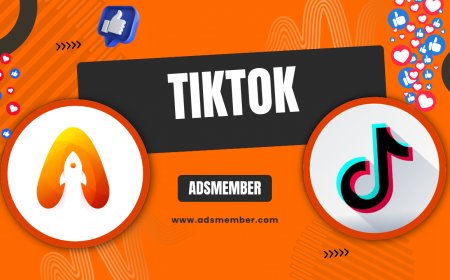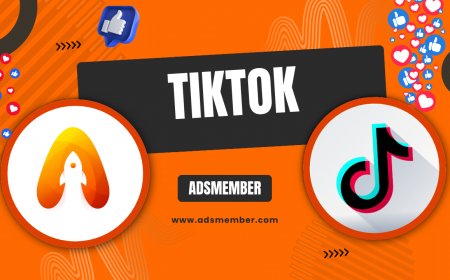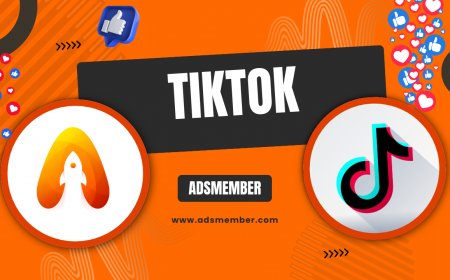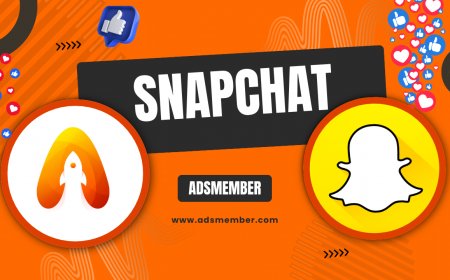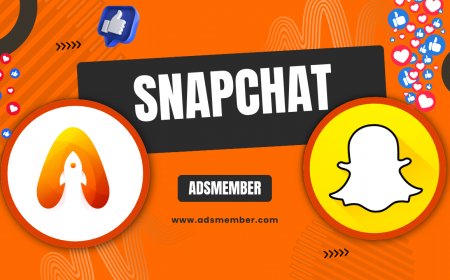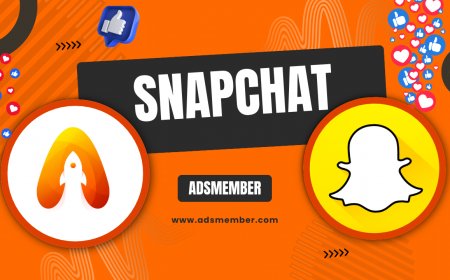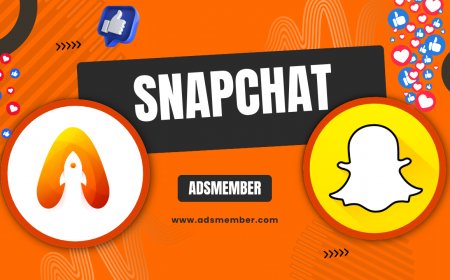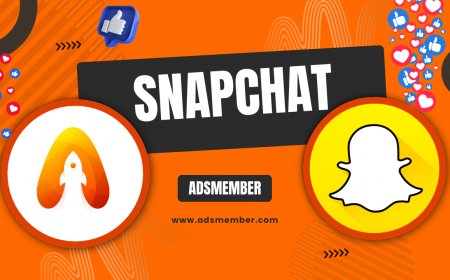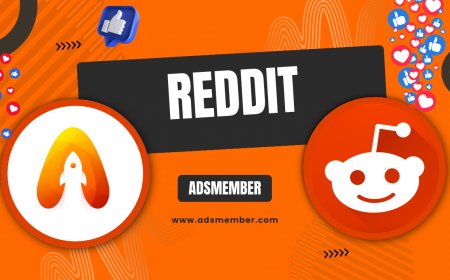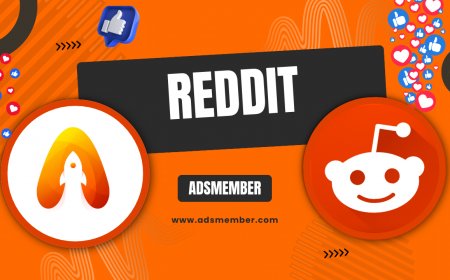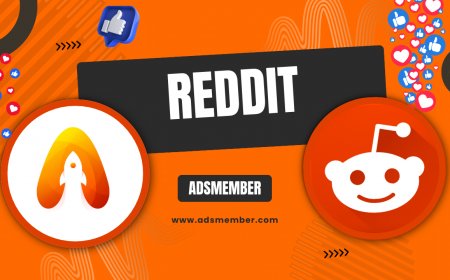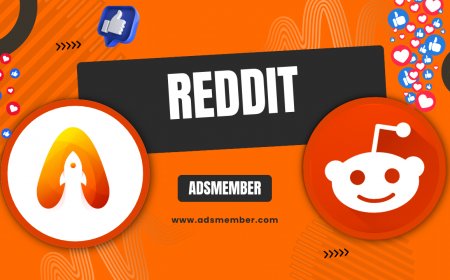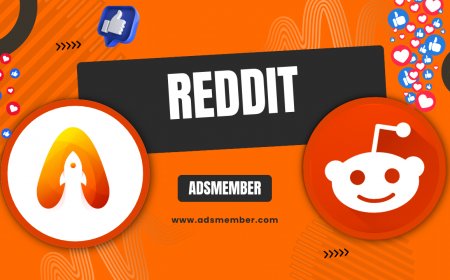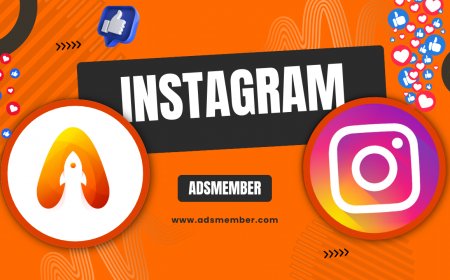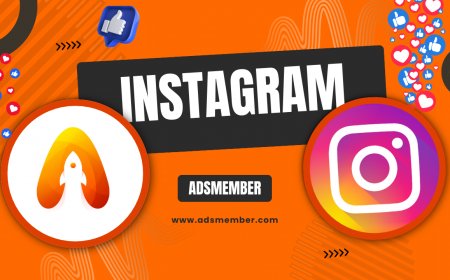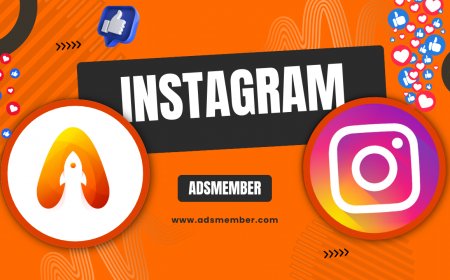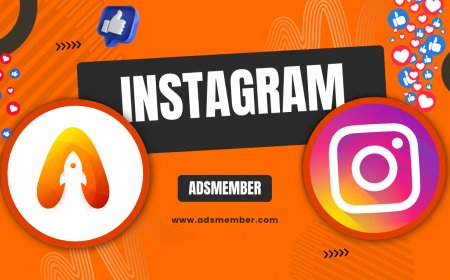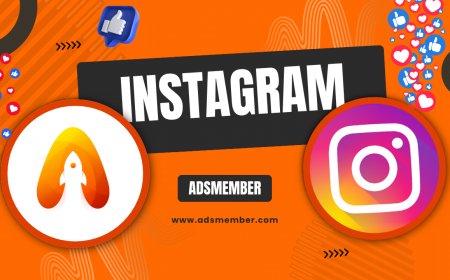Who Owns Tinder? Unpacking the Dating App’s Ownership
Curious about who owns Tinder? Discover its parent company, Match Group, and explore the history, business model, and industry impact of this popular dating…
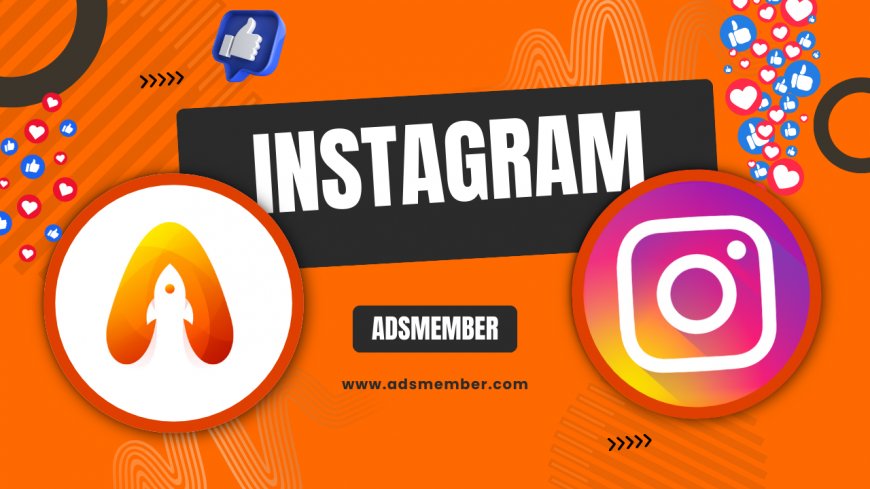
Ever swiped right and wondered, who owns Tinder? Honestly, I’ve been curious too. Tinder, the app that revolutionized online dating, isn’t a standalone entity. It’s part of a larger corporate family called Match Group, a powerhouse in the digital dating world. Since its launch in 2012, Tinder has grown into a cultural phenomenon, but its ownership story is just as intriguing as its swipe feature. In this deep dive, we’ll uncover Match Group’s role, the financials behind Tinder, and some unique insights into how ownership shapes the app’s direction. Let’s get started!
Match Group: The Power Behind Tinder
If you’re asking who owns Tinder, the answer is Match Group, Inc. This publicly traded company, listed on NASDAQ as MTCH, acquired Tinder in 2017 after initially incubating it through Hatch Labs. Match Group isn’t just about Tinder—it owns a portfolio of dating apps like Hinge, OkCupid, and Plenty of Fish. In my opinion, their dominance in the online dating space is both impressive and a bit concerning, given how much personal data they handle. According to Statista, Match Group held a 31.2% market share in the global online dating market in 2022 (Statista).
How Match Group Acquired Tinder
Tinder started as a startup within Hatch Labs, an incubator tied to IAC (InterActiveCorp), Match Group’s former parent. By 2017, Match Group fully acquired Tinder for a reported $3 billion valuation. I find it fascinating how a simple swipe idea turned into a multi-billion-dollar asset. This acquisition gave Match Group control over Tinder’s operations, monetization strategies, and data—key factors in its explosive growth.
Tinder’s Business Model Under Match Group
Under Match Group’s ownership, Tinder’s revenue model has evolved. The app operates on a freemium model, with free basic features and paid subscriptions like Tinder Plus, Gold, and Platinum. Honestly, I think this strategy is brilliant—it hooks users with free swipes, then upsells premium perks. In 2022, Tinder generated $1.79 billion in revenue, contributing significantly to Match Group’s $3.19 billion total, per their annual report (Match Group IR).
Subscription Tiers and Monetization
Tinder’s subscriptions offer features like unlimited swipes, profile boosts, and seeing who liked you. Prices vary by region, but a Gold subscription averages $29.99/month. Match Group’s focus on recurring revenue through subscriptions is a masterclass in monetization. A lesser-known tip? Use Tinder’s free version strategically—swipe during peak hours (7–9 PM) to maximize matches without paying.
Ownership Impact on Tinder’s Direction
Match Group’s ownership has undeniably shaped Tinder. From introducing controversial features like paid boosts to prioritizing user data for targeted ads, their influence is everywhere. In my opinion, this corporate oversight sometimes clashes with user experience—think endless paywalls. But it’s also why Tinder innovates with features like video chat, rolled out during the 2020 pandemic to keep users engaged.
Data Privacy Concerns
Here’s where I get uneasy. Match Group collects vast amounts of personal data—swipe habits, location, even chat logs. Under their ownership, Tinder’s privacy policies have faced scrutiny. A unique tip: Regularly review your data settings in the app (under Account > Privacy) to limit what’s shared. It won’t stop everything, but it’s a start.
Comparing Tinder with Other Match Group Apps
Let’s see how Tinder stacks up against other Match Group properties. I’ve compiled a quick comparison table using data from official sources to highlight user bases and target demographics.
| App | User Base (2022, Millions) | Target Demographic | Revenue Model |
|---|---|---|---|
| Tinder | 75 | 18–34 years | Freemium + Ads |
| Hinge | 23 | 25–40 years | Freemium |
| OkCupid | 10 | 25–45 years | Freemium + Ads |
Source: Statista & Match Group Reports
Tinder clearly dominates in user numbers, but Hinge targets a slightly older, relationship-focused crowd. Check out more on dating app strategies at Online Dating Insights.
Visualizing Tinder’s Growth Under Match Group
I’ve created a simple SVG chart to show Tinder’s user growth since Match Group’s full acquisition. It’s staggering to see the numbers climb!
Infographic: Tinder’s Ownership Journey

Unique Tip: Leverage Tinder’s Algorithm Under Match Group’s Rules
Here’s a tip you won’t find everywhere. Match Group’s algorithms prioritize active, engaging users. To boost your visibility without paying, update your profile weekly with fresh photos and witty bios. Also, swipe selectively—over-swiping can flag you as a bot. For tech-savvy users, check your app’s cache settings with this quick code snippet to ensure smooth performance:
Settings > Storage > Clear Cache
This keeps your app running efficiently, indirectly helping engagement.
FAQ: Who Owns Tinder?
Match Group, Inc. owns Tinder. They fully acquired it in 2017 and oversee its operations as part of their dating app portfolio.
FAQ: When Did Match Group Acquire Tinder?
Match Group completed its full acquisition of Tinder in 2017, though it was initially incubated under IAC’s Hatch Labs in 2012.
FAQ: What Other Apps Does Match Group Own?
Match Group owns several dating apps, including Hinge, OkCupid, Plenty of Fish, and Match.com, dominating the online dating market.
FAQ: How Much Revenue Does Tinder Generate?
In 2022, Tinder generated $1.79 billion in revenue, a significant chunk of Match Group’s total earnings, per their annual report.
FAQ: Does Match Group’s Ownership Affect Tinder Users?
Yes, Match Group influences Tinder’s features, pricing, and data policies, often prioritizing monetization which can impact user experience.
What's Your Reaction?
 Like
0
Like
0
 Dislike
0
Dislike
0
 Love
0
Love
0
 Funny
0
Funny
0
 Angry
0
Angry
0
 Sad
0
Sad
0
 Wow
0
Wow
0
